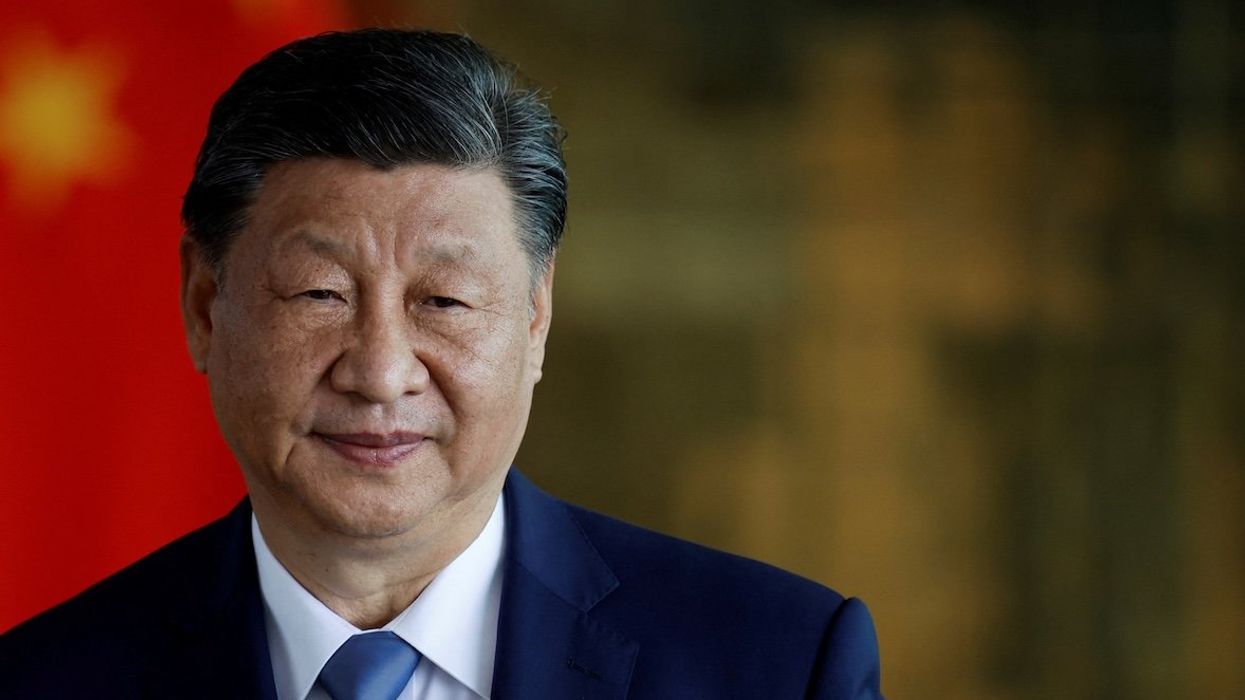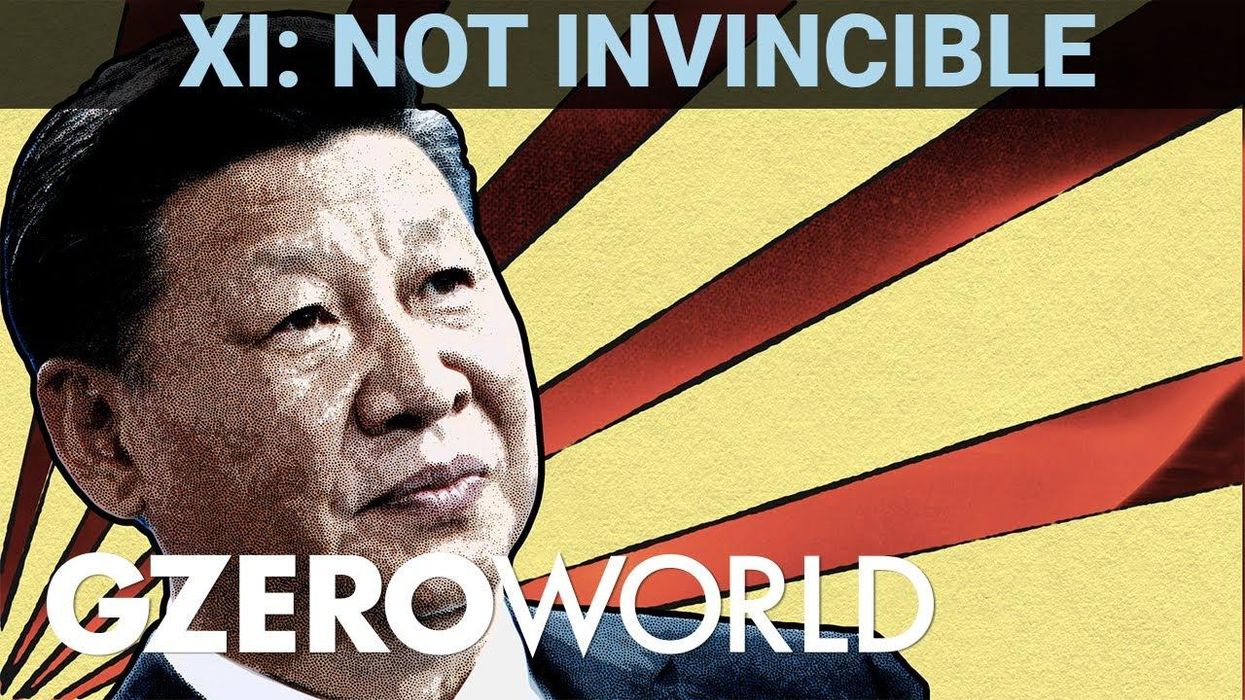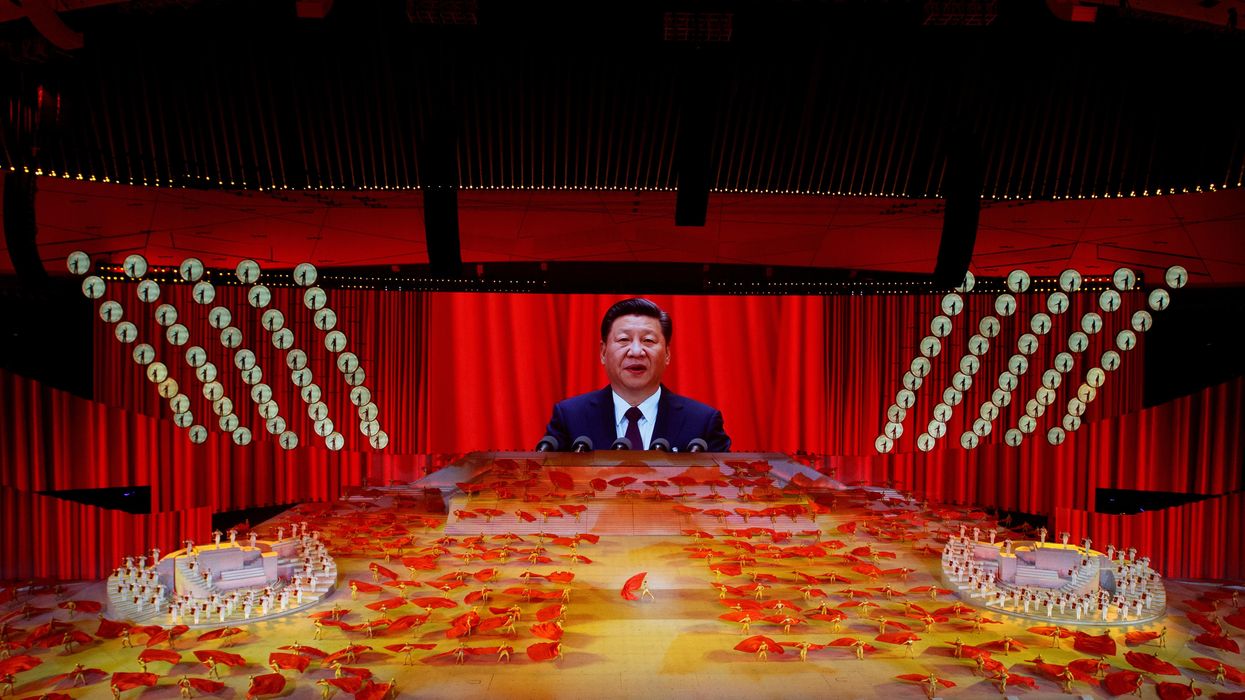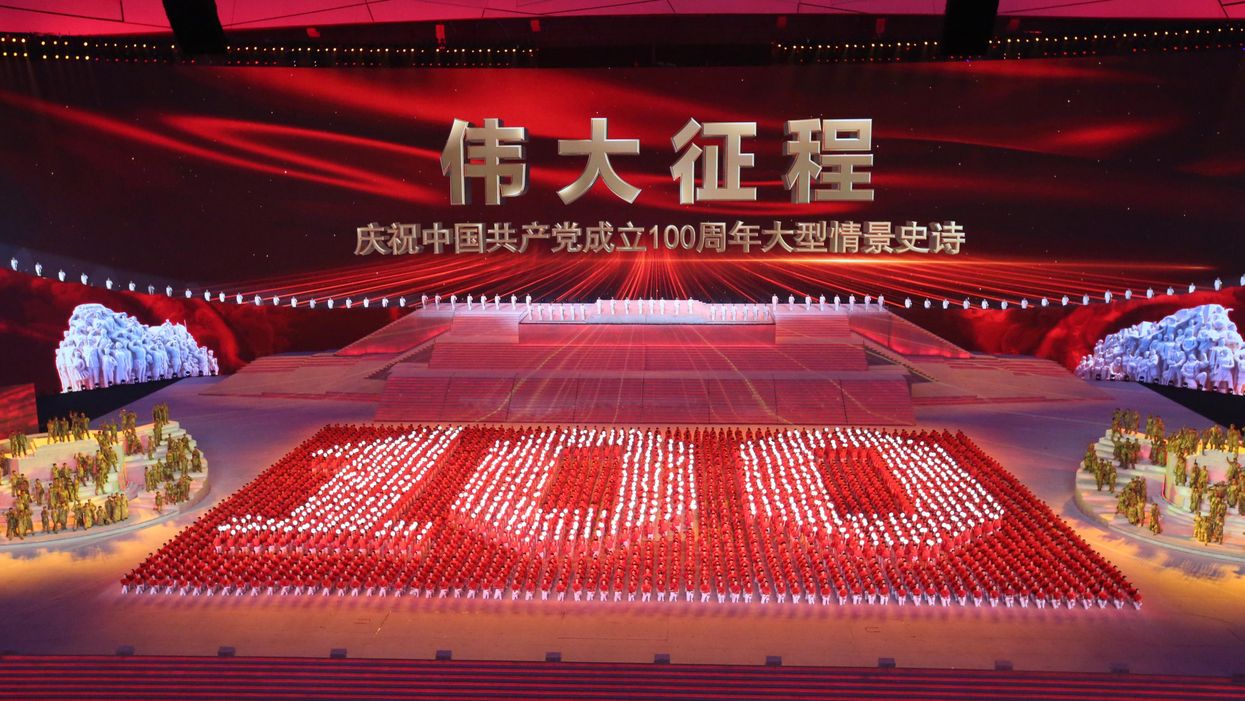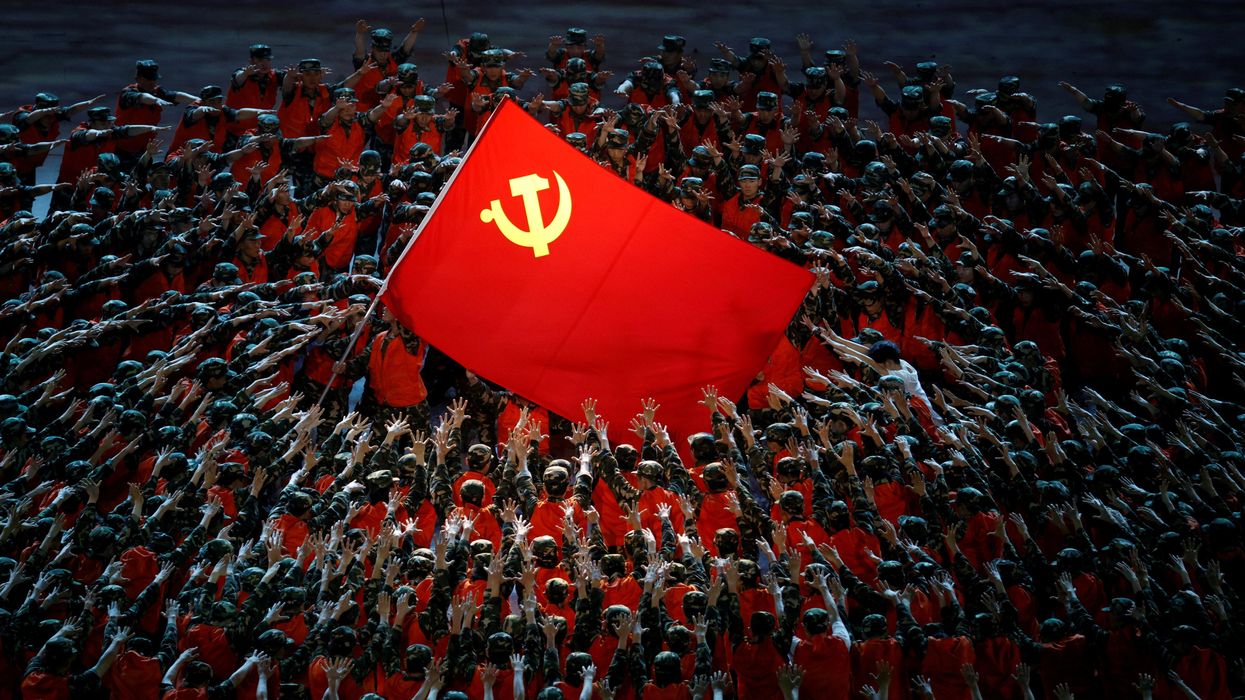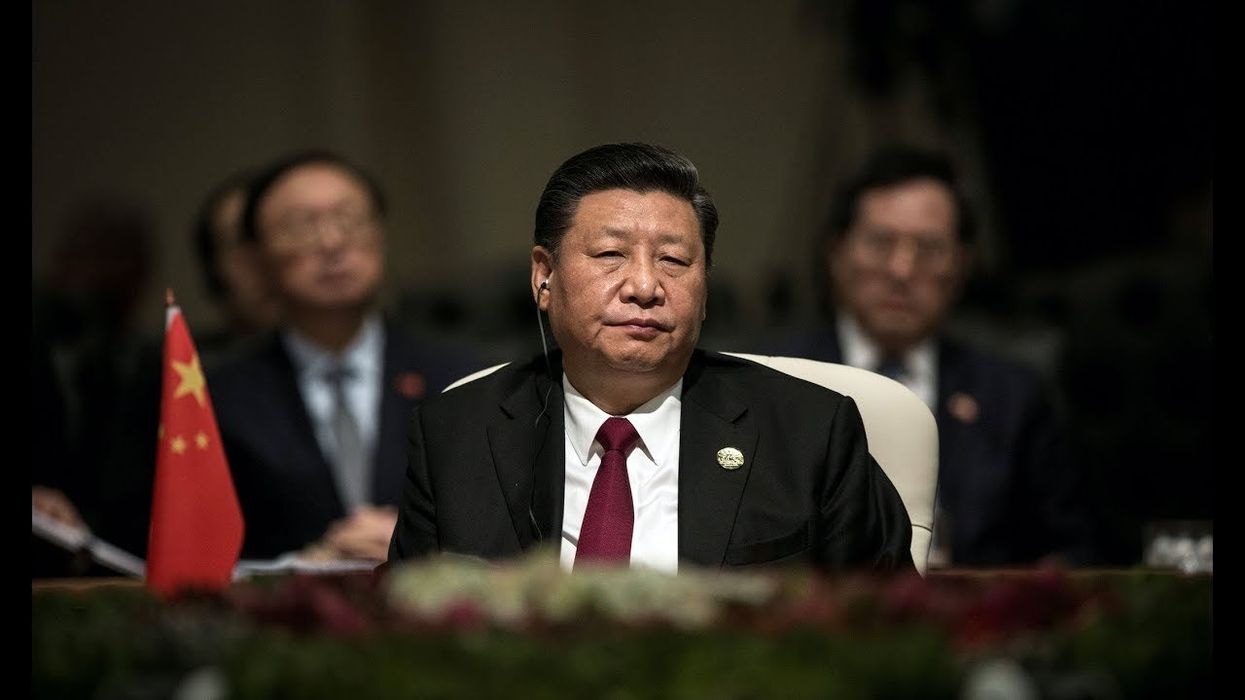What We're Watching
Tensions between China and the West heat up amid military exercises
Just days after a Chinese naval helicopter nearly collided with a Philippine patrol plane over a contested reef, China’s military started live-fire drills in waterways near Vietnam on Monday and between Australia and New Zealand over the weekend in an “unprecedented” display of firepower.
Feb 24, 2025
